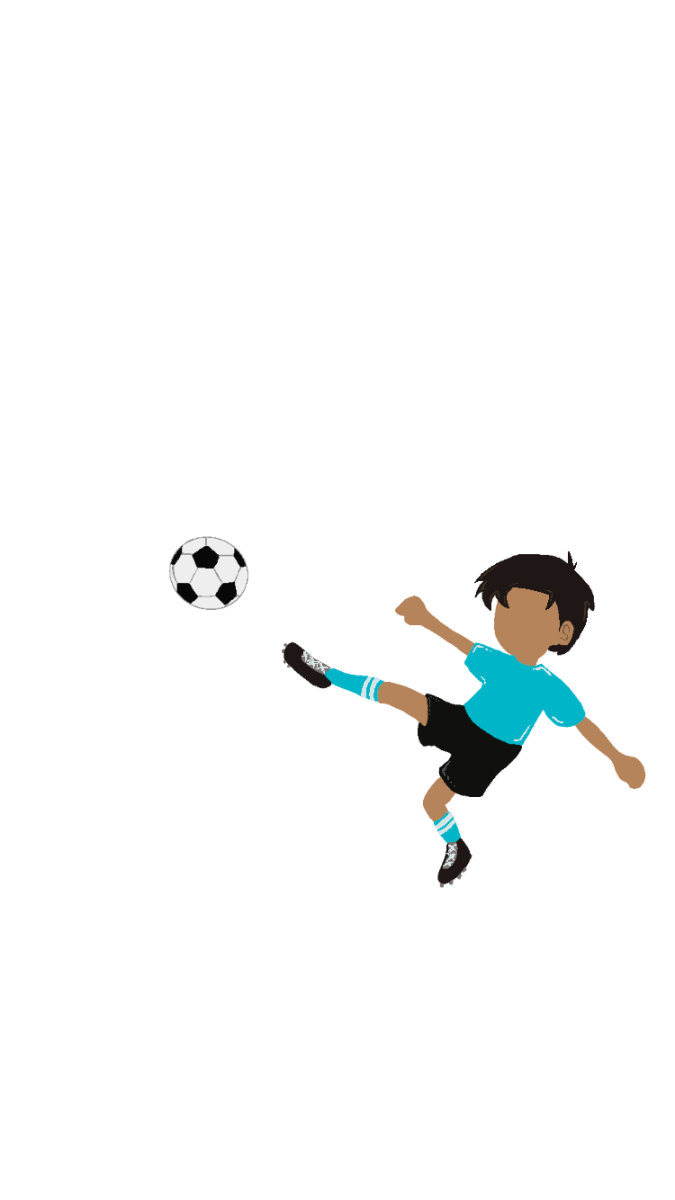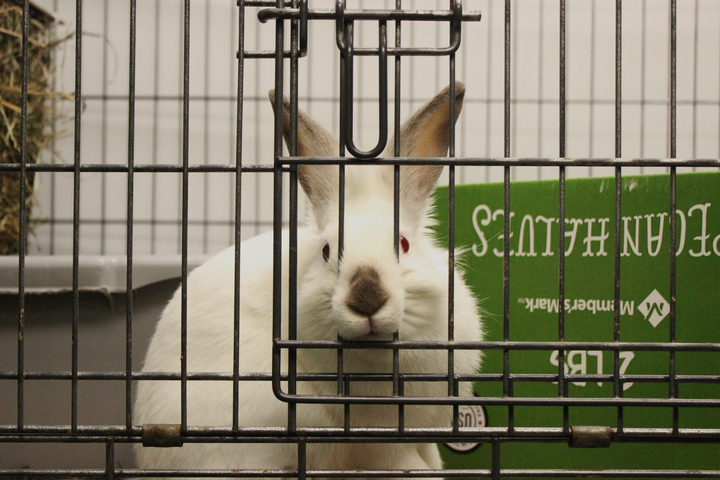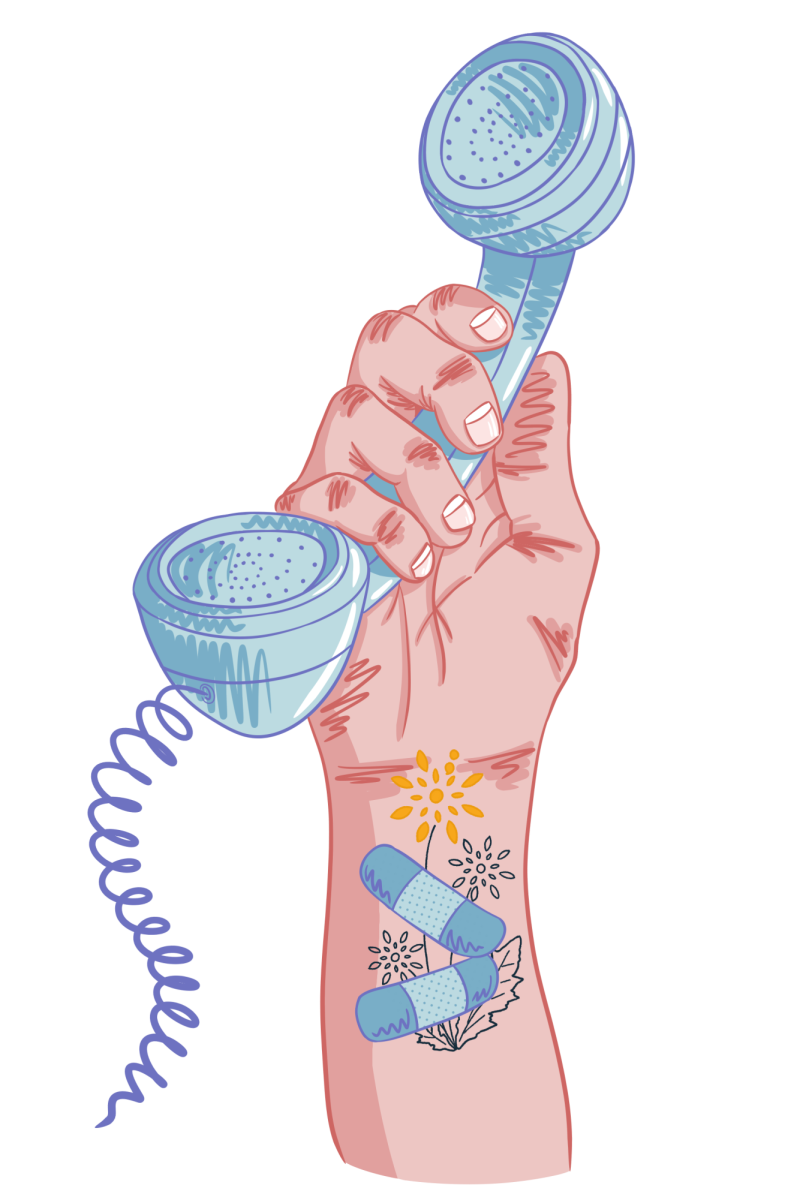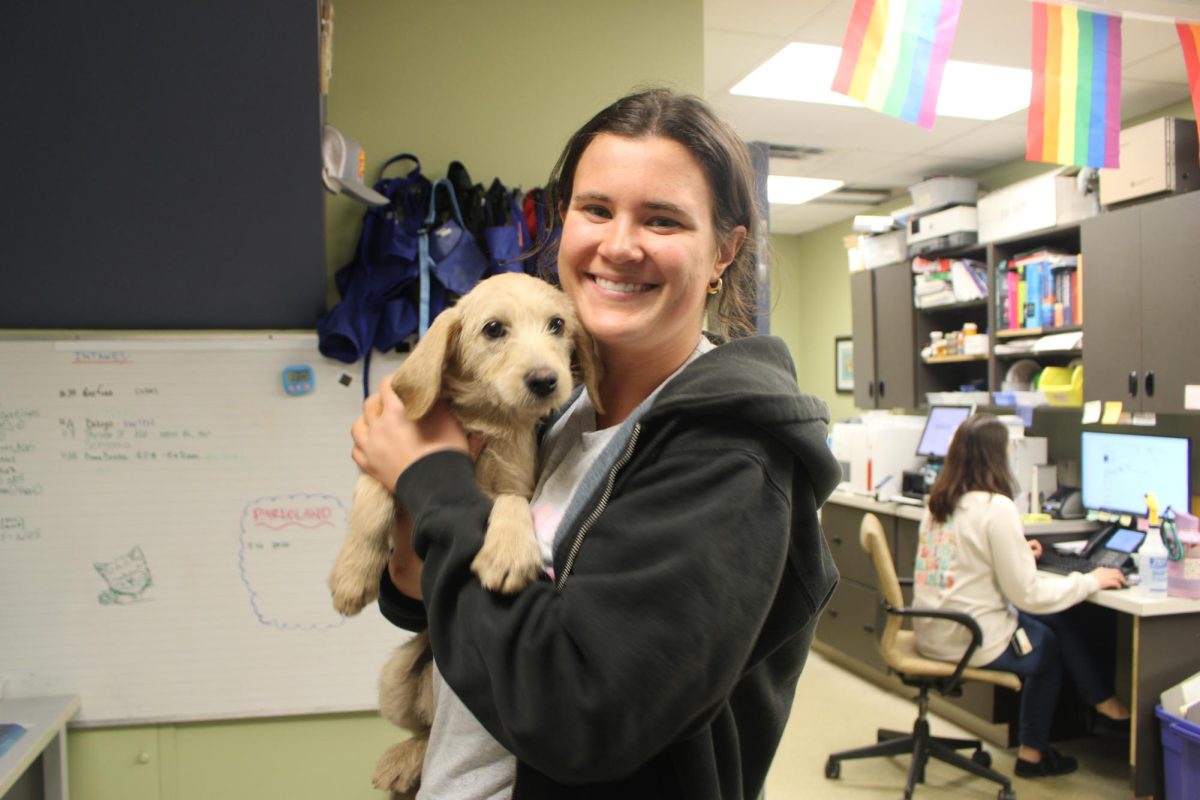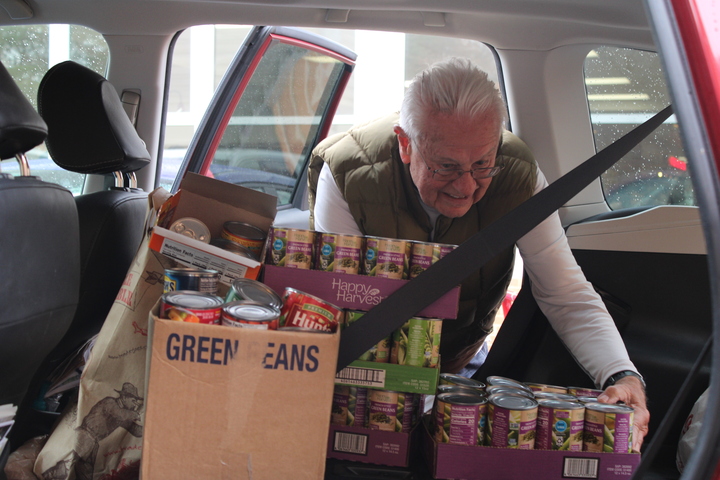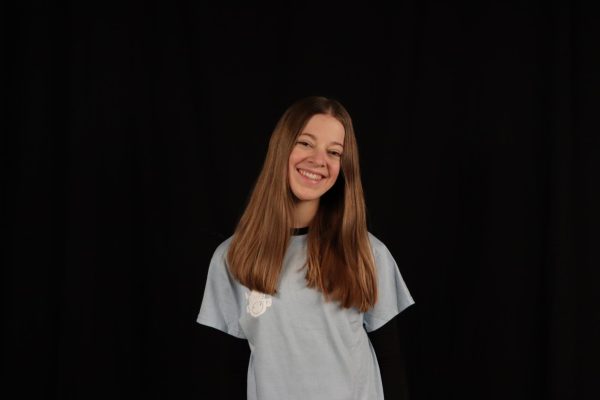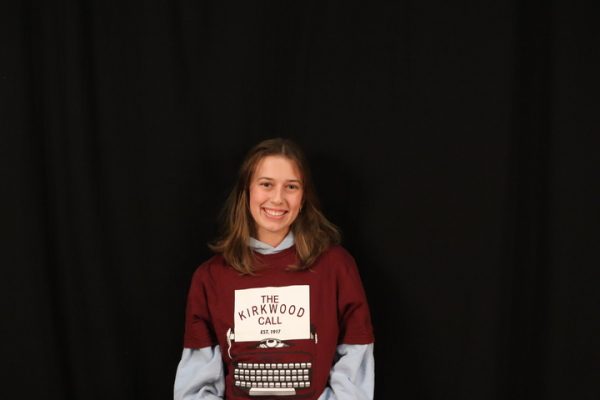A family, an education, three meals a day and opportunities to play fútbol until the sun goes down. In Tegucigalpa, Honduras, The Micah Project is a home for street-connected boys. With two soccer fields, a basketball court and even a game room, there are many activities for the boys to do. Beyond that, the Micah Project provides a home.
Shannon Soto, who married a graduate of the Micah Project, said it all started with Michael Miller, who grew up in St. Louis. While attending Wheaton College, he did an internship and during that was the first time he went to Honduras.
“When Hurricane [Mitch] happened, and [Michael] heard that they were going to be closing one of the orphanages he wanted to help raise funds and rebuild [as well as] have a home for the guys,” Soto said. “That’s where things started.”
According to Soto, many people support the Micah Project here in St. Louis, and Miller comes to visit every once in a while. Her nephew, Gabriel is currently at the Micah Project and joined when he was 12.
“[Because of the Micah Project], he gets to be a kid,” Soto said. “[It’s] been so amazing to watch him not only grow and learn, but to just be free to get to have that childhood that every kid should have.”
According to Soto, the Micah Project helps street-connected boys leave the streets and get an education in a loving, stable environment. Her nephew was able to learn how to read once he got to the Micah Project. It provides a community for the boys as they are surrounded by people who care for them.
“It helps get guys off the streets and helps them to thrive [giving] them the tools to be able to grow and learn and thrive in a safe environment,” Soto said. “One of the most amazing things is getting to see these guys feel and experience family, safety and security in a loving environment.”
Nancy Prott, a longtime member on the board of the Micah Project, said she has seen the positive effects of the Micah Project, both on the boys and on the street-connected community. She has visited the Micah Project several times and the positive effects don’t come without trials, however.
“My favorite part of every trip is the street ministry,” Prott said. “We take food, sandwiches or buy food down there and give out food to the hungry people on the streets.”
Prott belongs to Greentree Community Church and has brought high-schoolers down to Honduras for mission trips. Despite the language barrier, her and the group said they were able to connect well with the boys through laughs and smiles.
“[To] recognize that they can put a smile on somebody’s face by just playing with them was wonderful,” Prott said. “They have so much fun and they’ll play soccer and get crazy together or [listen to] music. It just showed me how we could go and even though I don’t speak the language, there’s many ways that you could communicate with each other and that was fun watching.”
Prott said that the Micah Project has recently developed a culinary program as well as a teaching salon for women to learn how to do hair and nails. It has a co-lab with both young men and women learning valuable, marketable skills such as AutoCAD, a type of engineering software. This is all through the Micah Works programs, an extension of the Micah Project.
Brayden Mangers, freshman, went with his family to visit the Micah Project in the summer of 2022. He said he was able to visit different locations including in the streets of Tegucigalpa.
“It brought to my attention the poverty and that everyone wasn’t just living in houses with [access] to food, [and] all the things that they needed,” Mangers said. “There’s people living on the streets and just [barely] surviving. I [learned through visiting the Micah Project] that I need to be doing more to help people that are in need. ”


